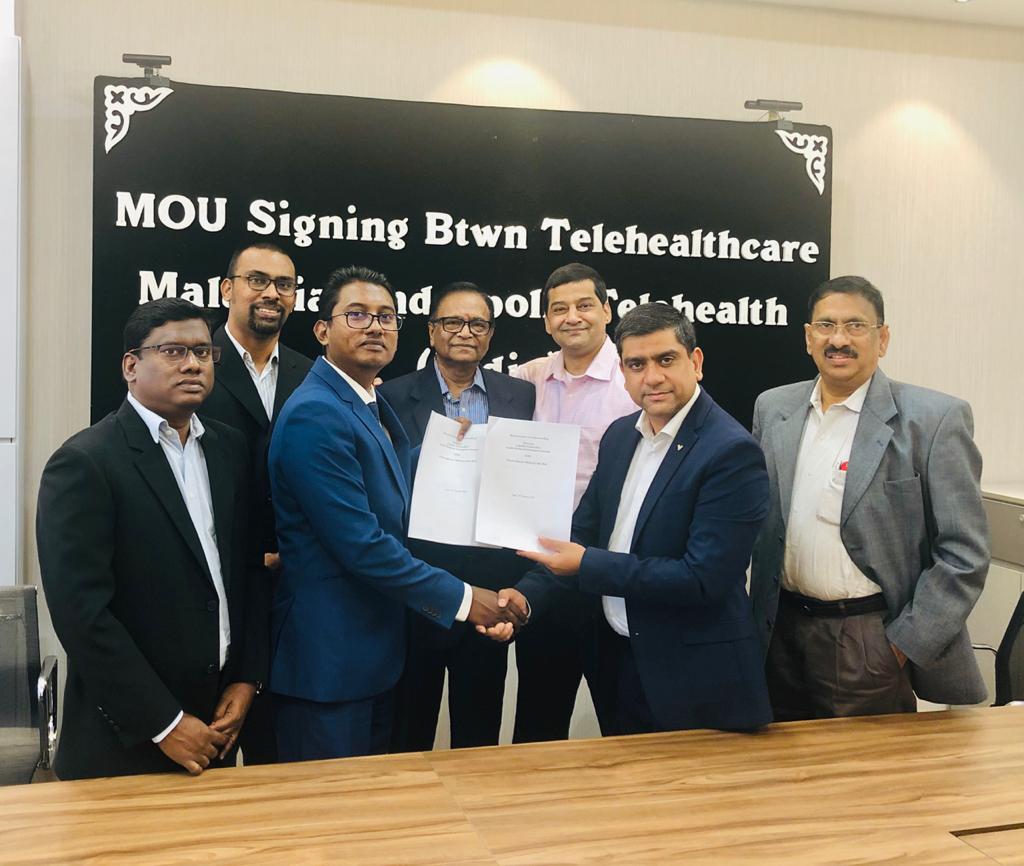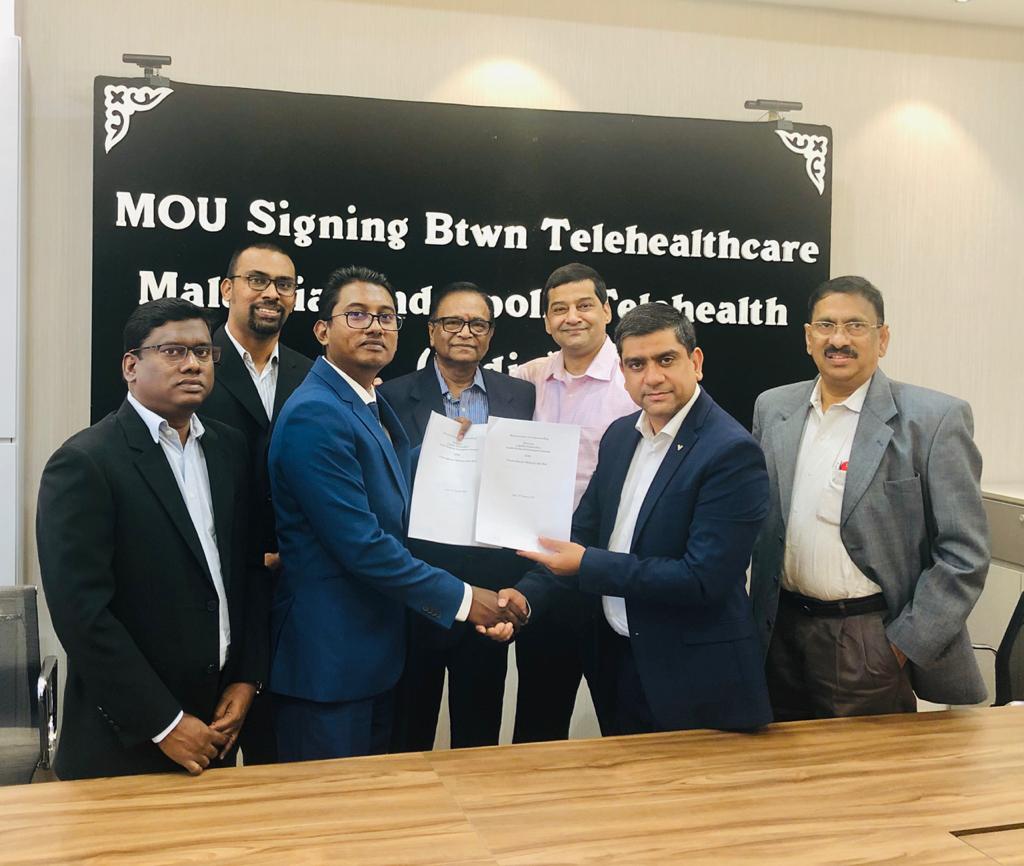
Apollo TeleHealth Services in India has inked an MoU with TeleHealthcare Malaysia where it will set up 100 tele-clinics in that country to provide remote multi-specialty care and consultation to 3 million people.
The partnership is part of the organization’s broader objective to scale up its reach to touch 25 million lives globally by 2022.
A unit of Apollo Hospitals Group, Apollo TeleHealth uses new-age digital technology to create an alternate channel of healthcare delivery for under-served communities.
In addition to providing healthcare services, it has been providing tele-education and telementoring services as well.
Vikram Thaploo, CEO of TeleHealth at Apollo Hospitals Enterprise Limited said, “Over the past 20 years, when we pioneered the concept of TeleHealth services in India, Apollo TeleHealth has emerged as the world's leading telehealth platform.
“Our objective is to expand our collective reach to as many as 25 million lives by 2022 through a series of initiatives in India and abroad.
Thaploo adds that in line with expanding, TeleHealth has sighed an MoU with TeleHealthcare Malaysia with the former raising 100 clinics in a phased manner by the end of 2020.
“Eight of these centres will be piloted by March 2021. Apollo TeleHealth aims to add 5,000 points of presence globally over the next 2 years,” he shares.
The telehealth centres in Malaysia that are planned to be located at a distance of 50kms each will provide teleconsultations in multiple specialties including Endocrinology, Nephrology, Cardiology and Orthopaedics.
They are expected to touch the lives of as many as 3 million people.
Meanwhile, Dr Sangita Reddy, Joint Managing Director, Apollo Hospitals Enterprise Limited said, “Public health delivery is affected deeply by economic and geographical disparities, particularly in developing nations such as India.
“Not only does India face a shortage of healthcare practitioners, it also faces the problem of inequitable availability with almost 70 per cent of available doctors concentrated in urban areas.
“To be able to address this accessibility gap in public healthcare delivery, we need to devise solutions that are innovative, technology-backed and cost effective,” he says.
Dr Reddy then points out that TeleHealth strongly believed that leveraging the telehealth services helps the company in achieving its goal of Universal Healthcare at a faster pace.
“At Apollo TeleHealth we have been a pioneer in adopting technology to act as a major leveler in reducing disparity and inequitable access.
“As it works to make Digital India a reality, the government must also put greater emphasis on using telemedicine and telehealth services to realize its objective of achieving Universal Healthcare,” he says.
The organization aims to add new products and services to its kitty over the next couple of years with a focus to offer comprehensive healthcare solutions through telemedicine in states where healthcare suffers from major lack of resources.

